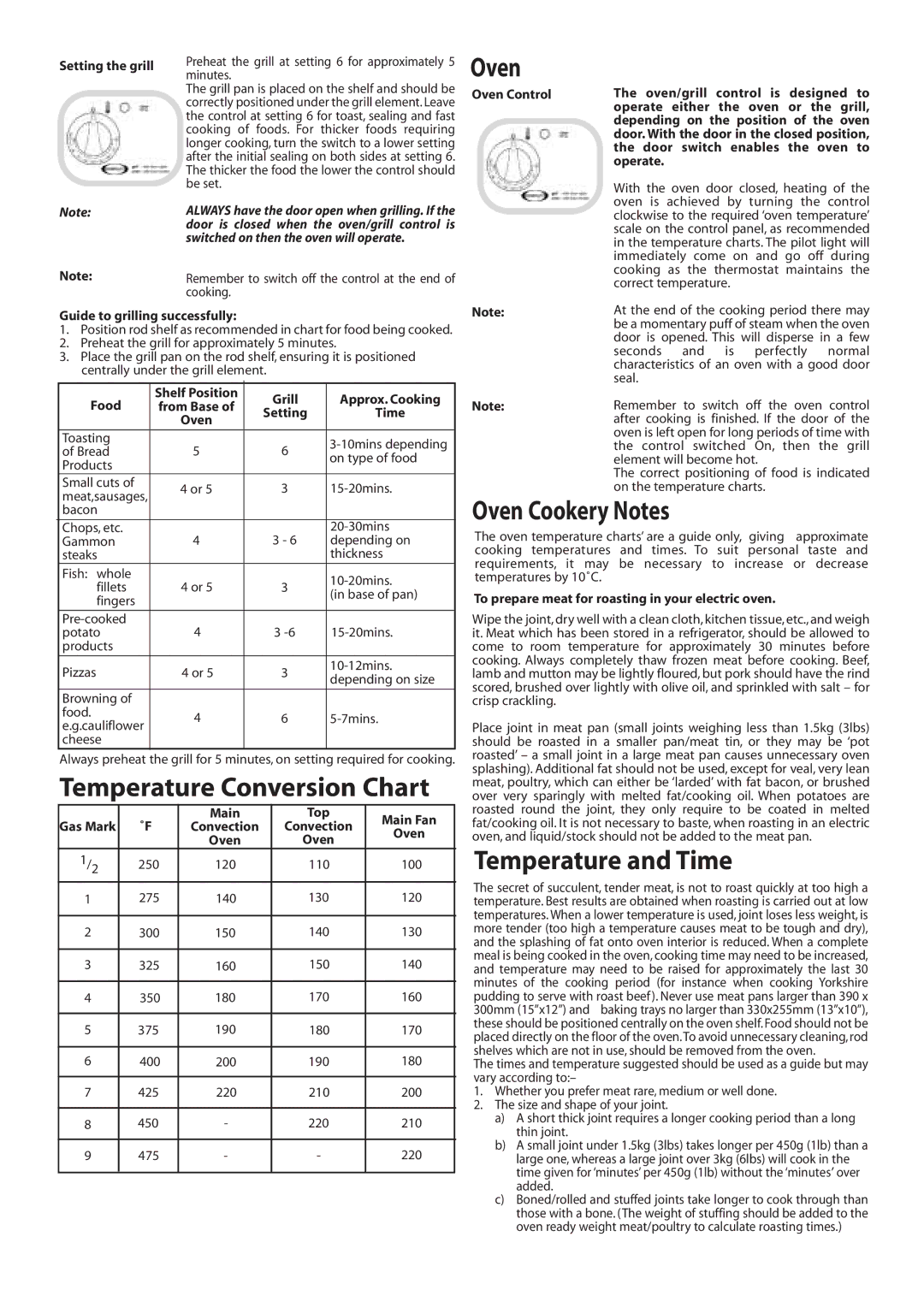J051E specifications
The Jackson J051E is an innovative electric guitar that has gained attention for its unique combination of playability, tonal versatility, and modern technology. It is part of Jackson's prestigious lineup, which has earned a reputation for catering to rock and metal guitarists. The J051E is designed to deliver an exceptional playing experience, making it ideal for both aspiring musicians and seasoned professionals.One of the standout features of the Jackson J051E is its sleek, contoured body design. The guitar boasts a solid basswood body that not only provides comfort while playing but also contributes to its resonant tone. The double-cutaway design facilitates easy access to higher frets, allowing for intricate solos and advanced playing techniques. Its sharp aesthetics, complemented by a striking finish, make it visually appealing as well.
The J051E is equipped with high-output Jackson pickups, which are known for their ability to handle high gain without sacrificing clarity. The guitar typically features a pair of humbucking pickups that deliver a thick, powerful sound, perfect for aggressive playing styles. Additionally, the configurations often include a three-way pickup selector switch, offering versatility for varying tonal preferences, whether one is looking for a warm, smooth neck tone or a biting bridge sound.
Another notable characteristic of the J051E is its fast-playing maple neck. The neck is designed with a comfortable profile, making it easier for players to execute fast runs and complex chords. It also features a 24-fret rosewood fretboard, which enhances playability and provides a smooth surface for intricate fretting techniques. The compound radius of the fretboard further aids in comfortable playing, adapting to both chording and soloing styles.
In terms of hardware, the Jackson J051E includes a reliable tuning system. The guitar's locking tuners ensure stability and precision in tuning, which is essential for performance, particularly in dynamic musical settings. The presence of a tune-o-matic bridge adds to the instrument's overall sustain and contributes to its fine intonation.
To round out its impressive package, the Jackson J051E often comes equipped with advanced features like the ability to easily swap pickups and customize tones, along with a robust build quality ensuring durability on stage or in the studio. Overall, the Jackson J051E stands out as a compelling option for any guitarist seeking a reliable, versatile instrument tailored for modern music styles.

